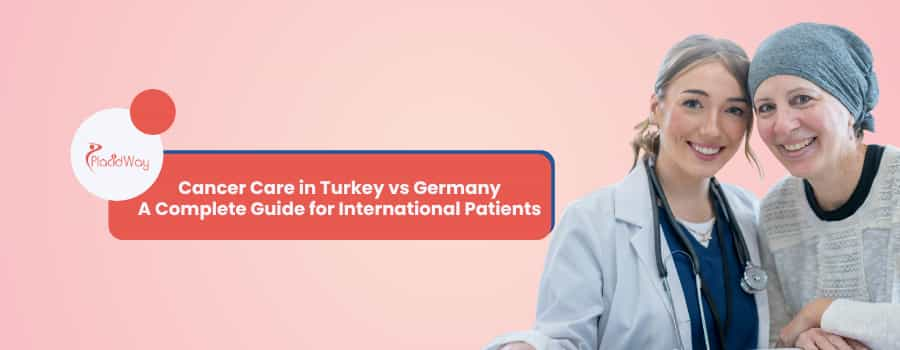
Facing a cancer diagnosis is profoundly challenging, and choosing the right treatment destination is a critical decision. For many international patients seeking world-class oncology care, Turkey and Germany emerge as two prominent and highly capable options. This guide offers a comprehensive, unbiased comparison, delving into the nuances of cancer treatment in Turkey and Germany to empower you with the knowledge needed to make the best choice for your health journey, considering factors from cost to specialized care and patient experience.
Navigating Your Oncology Options - Turkey or Germany?
Both Turkey and Germany offer exceptional standards in cancer care, attracting thousands of international patients annually. Germany, a long-standing titan in medical innovation, is renowned for its rigorous research, cutting-edge technology, and highly specialized university hospitals. It's often seen as a benchmark for medical excellence, particularly in complex cancer treatments like proton therapy in Germany, specialized surgeries, and advanced immunotherapies.
Turkey, on the other hand, has rapidly transformed into a leading medical tourism hub, particularly for affordable cancer treatment. With significant investments in modern infrastructure, JCI-accredited hospitals, and a large pool of internationally trained oncologists, Turkey provides high-quality care at a more accessible price point. The choice between these two powerful medical destinations often hinges on a patient's priorities regarding cost, specific treatment requirements, desired level of luxury, and geographical convenience. This detailed comparison aims to shed light on these critical distinctions for individuals seeking the best cancer treatment abroad.
Cancer Treatment Turkey vs Germany - Key Comparison Points
Core Strengths - Oncology Excellence in Each Nation
Turkey's Key Capabilities in Oncology
Turkey has strategically positioned itself as a global leader in medical tourism, particularly for complex treatments like oncology. Its core strengths lie in offering highly advanced medical facilities equipped with the latest technology, often on par with Western standards, but at a significantly lower cost. Patients can find a wide range of specialized cancer treatments, including advanced chemotherapy protocols, precision radiation therapy, targeted therapies, and intricate surgical procedures, including robotic surgery. Many Turkish oncologists are Western-trained, bringing a wealth of international experience to their practice.
Moreover, the Turkish healthcare system is known for its efficiency and accessibility, meaning shorter waiting times for diagnosis and treatment initiation. Cities like Istanbul and Ankara host numerous JCI-accredited hospitals that cater specifically to international patients, providing comprehensive packages that often include accommodation, transfers, and translation services, making the treatment journey seamless and comfortable. This focus on patient experience, combined with competitive pricing for cancer surgery Turkey and other procedures, makes it an attractive option for medical tourists from Europe, the Middle East, and beyond.
Germany's Leading Edge in Oncology
Germany's reputation for medical excellence is well-earned, particularly in oncology. The country is a powerhouse of medical research and innovation, constantly developing and implementing new cancer treatments and diagnostic methods. German university hospitals and specialized cancer centers are globally recognized for their stringent quality control, evidence-based medicine, and multidisciplinary approach to cancer care. Patients benefit from access to highly specialized treatments such as proton therapy in Germany, advanced immunotherapy options, CAR T-cell therapy, and complex organ-preserving surgeries, often delivered by world-renowned experts.
The German healthcare system is characterized by meticulous diagnostics, precise treatment planning, and comprehensive follow-up care. While the cost of cancer treatment in Germany can be higher, it reflects the investment in state-of-the-art technology, extensive research, and the expertise of its medical professionals. Many German clinics also offer personalized treatment plans tailored to individual patient needs, ensuring the highest standard of care for even the most challenging cancer cases. The country's strong regulatory environment ensures patient safety and ethical practices are paramount, solidifying its position as a top choice for complex cancer care.
Cancer Treatment in Turkey - Pros and Cons for International Patients
Pros of Cancer Treatment in Turkey
- Significant Cost Savings: Patients can access high-quality cancer care at a fraction of the cost found in Western Europe or North America, making life-saving treatments more accessible. This applies to procedures like chemotherapy in Turkey and radiation therapy.
- Advanced Medical Technology: Turkish hospitals are equipped with modern diagnostic and treatment technologies, including advanced linear accelerators, robotic surgery systems, and sophisticated imaging equipment.
- Internationally Trained Specialists: Many Turkish oncologists and surgeons have received training and practiced in leading medical centers in Europe and the USA, bringing global expertise.
- Efficient and Accessible Care: Generally shorter waiting times for consultations, diagnostics, and treatment initiation, crucial for time-sensitive cancer care.
- Comprehensive Patient Support: Many clinics offer all-inclusive packages, including airport transfers, accommodation, personal translators, and patient coordinators, simplifying the logistics for international patients.
- Favorable Travel & Visa Process: Turkey offers relatively easy visa procedures for many nationalities, including e-Visa options, simplifying travel arrangements.
- Holistic Treatment Environment: The cultural richness and welcoming atmosphere can contribute positively to a patient's emotional well-being during treatment.
Cons of Cancer Treatment in Turkey
- Variable Quality Among Clinics: While top-tier hospitals are excellent, the sheer volume of clinics means that quality can vary, necessitating thorough research to choose a reputable facility.
- Cultural and Language Differences: While international patient departments offer excellent English support, navigating outside these specific medical settings might present language barriers.
- Perception of Quality: Some patients from Western countries might initially harbor misconceptions about the quality of care, despite the significant advancements and accreditations.
- Travel Distance: For patients from the Americas, travel to Turkey can involve longer flight times compared to Europe.
Cancer Treatment in Germany - Pros and Cons for International Patients
Pros of Cancer Treatment in Germany
- World-Renowned Medical Excellence: Germany boasts an internationally recognized healthcare system, especially in oncology, known for its leading research, advanced diagnostics, and innovative therapies like immunotherapy in Germany.
- Pioneering Treatment & Technology: Access to cutting-edge treatments often unavailable elsewhere, including specialized proton therapy centers and advanced clinical trials.
- Highly Specialized Oncologists: German doctors are known for their meticulous training, deep expertise, and multidisciplinary approach to complex cancer cases.
- Rigorous Quality Control & Patient Safety: A highly regulated healthcare environment ensures strict adherence to quality standards and patient safety protocols.
- Comprehensive & Transparent Care: Patients receive detailed diagnoses, well-defined treatment plans, and thorough follow-up care based on the latest medical evidence.
- Modern Infrastructure: Hospitals are equipped with state-of-the-art facilities and a comfortable environment, even in bustling cities.
Cons of Cancer Treatment in Germany
- Higher Treatment Costs: The cost of cancer treatment in Germany can be significantly higher than in Turkey, and comparable to the USA, making it less accessible for budget-conscious patients without comprehensive insurance.
- Potentially Longer Waiting Times: For certain non-urgent specialized treatments or consultations, international patients might face longer waiting periods.
- Complex Medical Visa Process: Obtaining a medical visa for Germany often requires extensive documentation and can be a lengthier process for non-EU citizens.
- Less All-Inclusive Service Culture: While excellent care is provided, the extensive concierge services (like full accommodation/transfer packages) might be less common than in Turkish medical tourism offerings.
- Cultural & Communication Style: The direct and formal communication style might be perceived differently by patients from more service-oriented cultures.
The International Patient Experience - What to Expect
Patient Journey in Turkey
In Turkey, the international patient experience is often characterized by a high degree of personalization and convenience. Many leading hospitals have dedicated international patient departments designed to handle every aspect of your visit. This includes initial consultations, coordinating travel and accommodation, providing personal translators, managing appointments, and even assisting with local logistics like sightseeing during recovery periods. The emphasis is on a seamless, comfortable, and supportive environment, aiming to reduce the stress associated with medical travel. You can expect warm hospitality alongside modern medical care.
Patient Journey in Germany
The international patient experience in Germany is defined by precision, efficiency, and unparalleled medical expertise. While dedicated international patient services are common in top hospitals, the focus is typically more clinical and procedural. You can expect highly organized processes, clear communication from your medical team, and access to some of the world's most advanced medical infrastructure. Patient coordinators will assist with appointments, administrative tasks, and often translation, but the overall approach might be less 'concierge-style' than in Turkey. The emphasis is squarely on delivering the highest standard of medical treatment and diagnostic accuracy.
Regardless of your choice, both countries offer environments where patient comfort and safety are paramount, ensuring a supportive setting for your cancer treatment journey.
Real Stories from Cancer Patients Abroad
Ahmed D., UAE
"My advanced lung cancer treatment in Turkey was remarkable. The cost was manageable, and the doctors at the JCI-accredited hospital were incredibly skilled. I received chemotherapy and targeted therapy with great results, and the support staff made my stay very comfortable."
Sophie A., Canada
"For my rare brain tumor, Germany offered proton therapy which wasn't available at home. The precision and expertise were worth every penny. The German medical team was incredibly thorough, and I felt confident in their hands. It was a life-changing decision."
Ricardo T., UK
"After being diagnosed with prostate cancer, I sought options for cancer surgery Turkey. The robotic surgery I received was flawless, and the recovery was much faster than I expected. The overall package including my stay was far more affordable than in the UK, without any compromise on care quality."
Maria S., USA
"Navigating breast cancer treatment in Germany was a superb experience. My German oncologist was brilliant, explaining every step. I underwent a complex surgical procedure followed by radiation therapy. The advanced care gave me immense peace of mind, and the results have been excellent."
Frequently Asked Questions About Cancer Treatment Abroad
Is cancer treatment in Turkey or Germany generally more affordable?
Generally, cancer treatment in Turkey is significantly more affordable than in Germany. Patients can often expect savings of 50-70% on similar procedures and therapies compared to Western European or North American prices, without compromising on quality or technology.
What are the key differences in medical technology and innovation?
Both Turkey and Germany boast state-of-the-art medical technology. Germany is renowned for its cutting-edge research, pioneering new treatments, and advanced diagnostic tools, often setting global standards. Turkey has also heavily invested in modern equipment, offering access to advanced therapies like robotic surgery, proton therapy, and sophisticated radiation techniques, making cancer treatment in Turkey highly competitive.
How do hospital accreditations compare between Turkey and Germany?
Germany has a well-established system of national accreditations and numerous university hospitals recognized globally. Many hospitals in both countries also hold international accreditations like Joint Commission International (JCI), which signifies a commitment to high standards of patient safety and quality. Turkey has a rapidly growing number of JCI-accredited facilities, particularly those catering to international patients seeking the best cancer hospitals Turkey.
Are the oncologists in Turkey and Germany highly qualified?
Absolutely. Oncologists in both Turkey and Germany are highly qualified, often with international training and extensive experience. German specialists are globally recognized for their rigorous training and research contributions. Turkish oncologists are also highly skilled, with many having trained in Europe or the US, bringing international best practices to their clinics, making them among the best oncologists Germany and Turkey offer.
What are the waiting times for cancer treatment in each country?
Waiting times can vary by hospital and specialty. Germany, despite its high-quality system, can sometimes have longer waiting lists for certain specialized treatments or appointments due to high demand, especially if you're not an urgent case within their national system. Turkey generally offers faster access to appointments and treatments, making it an attractive option for patients seeking prompt care for affordable cancer treatment in Turkey.
Do I need to speak German or Turkish to receive treatment?
While knowing some local language can enhance your general travel experience, it is not essential for medical treatment at top international clinics in either country. These facilities typically have dedicated international patient departments with English-speaking staff, translators, and patient coordinators to assist you.
What about visa requirements for medical treatment?
Visa requirements depend on your nationality. For Germany, many non-EU citizens will need a medical visa, which can involve a detailed application process. Turkey generally has a more straightforward visa process for many nationalities, often allowing entry with an e-Visa or visa on arrival for shorter stays, though a specific medical visa might be necessary for extended treatments, especially for cancer.
How do success rates for cancer treatment compare?
Success rates for cancer treatment are highly complex and depend on many factors, including the type and stage of cancer, the patient's overall health, and the specific treatment protocol. Both Turkey and Germany have reputable hospitals that report success rates comparable to other highly developed nations, especially in specialized centers. It's crucial to discuss specific prognoses with your chosen medical team when considering cancer treatment success rates abroad.
What kind of post-treatment follow-up can I expect?
Leading clinics in both Turkey and Germany prioritize comprehensive post-treatment follow-up. This typically includes detailed medical reports, recommendations for ongoing care, and the option for remote consultations with your treating physician. Many also assist in coordinating with your local doctor for continuity of care back home, whether you've chosen radiation therapy Germany or chemotherapy in Turkey.
Can I combine cancer treatment with tourism in either country?
Yes, many patients choose to combine their medical journey with tourism, especially during periods of recovery or between treatment cycles. Turkey, with its rich history, vibrant culture, and beautiful coastlines, is a popular choice for medical tourists. Germany also offers diverse cultural experiences, historical sites, and picturesque landscapes, particularly if you're undergoing treatment in cities like Munich, Berlin, or Hamburg.
Ready to Explore Your Cancer Treatment Options?
Choosing the right destination for cancer treatment is a deeply personal and significant decision. This guide provides a comprehensive overview, but your unique medical needs and personal preferences are paramount. At PlacidWay, we specialize in connecting patients like you with world-class, pre-vetted cancer treatment centers in Turkey, Germany, and other leading global destinations.
Our dedicated Care Team offers free, no-obligation consultations to help you compare personalized treatment packages, understand transparent pricing for procedures like the cost of chemotherapy in Germany or cancer surgery Turkey, and answer all your specific questions. Let us simplify the complexities of planning your medical journey, so you can focus entirely on your health and recovery.


.png)



.png)
.png)

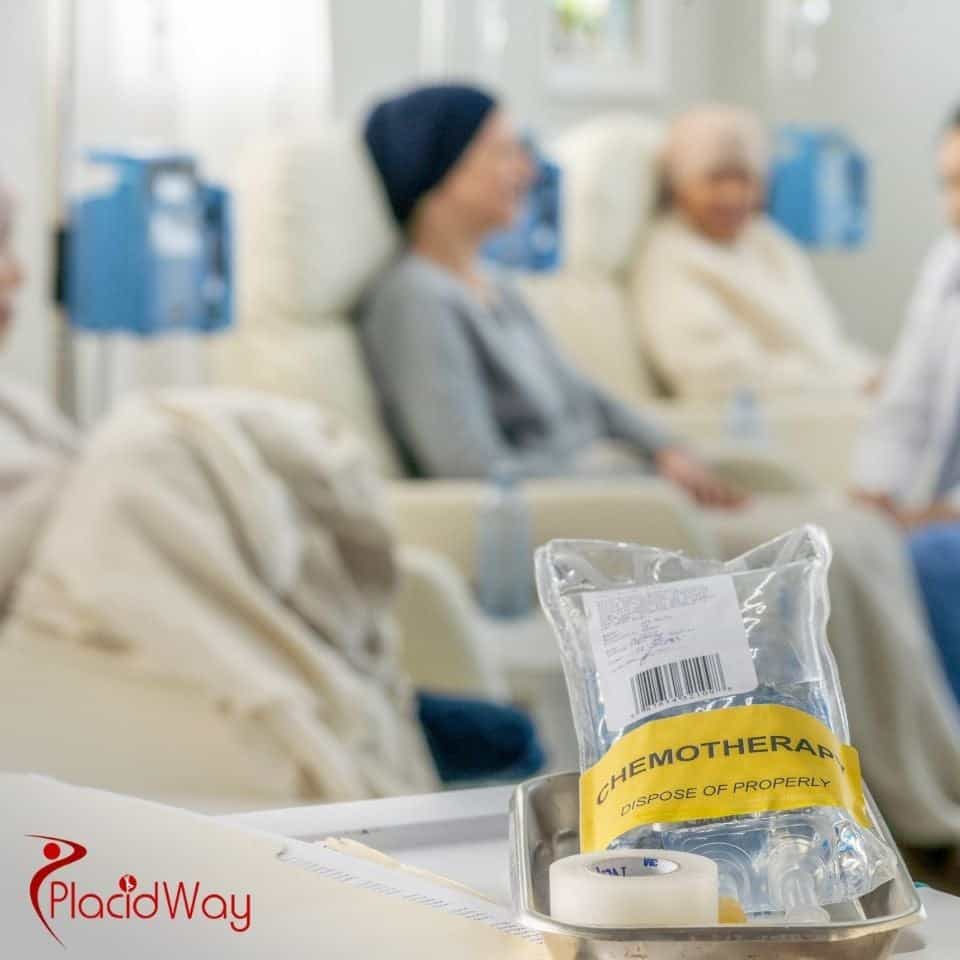

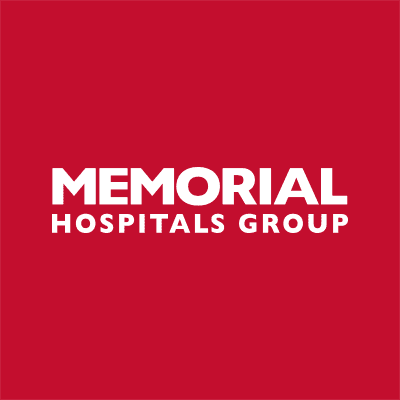
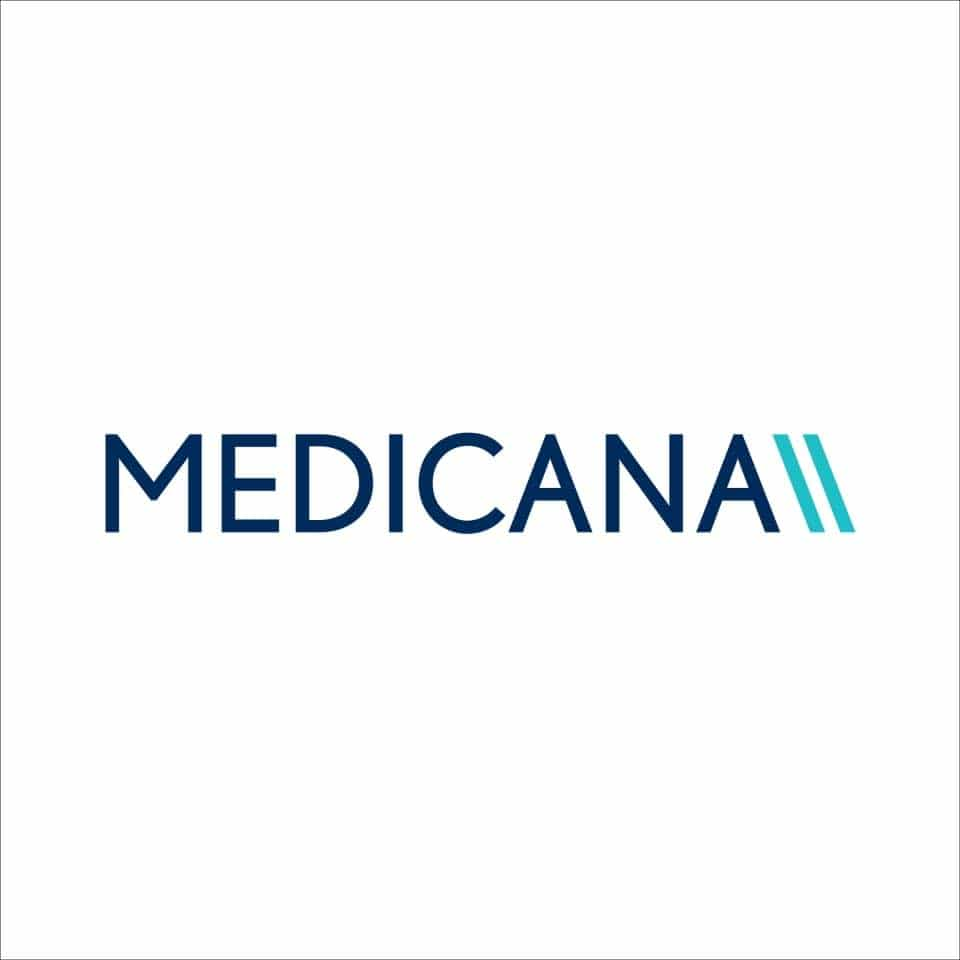
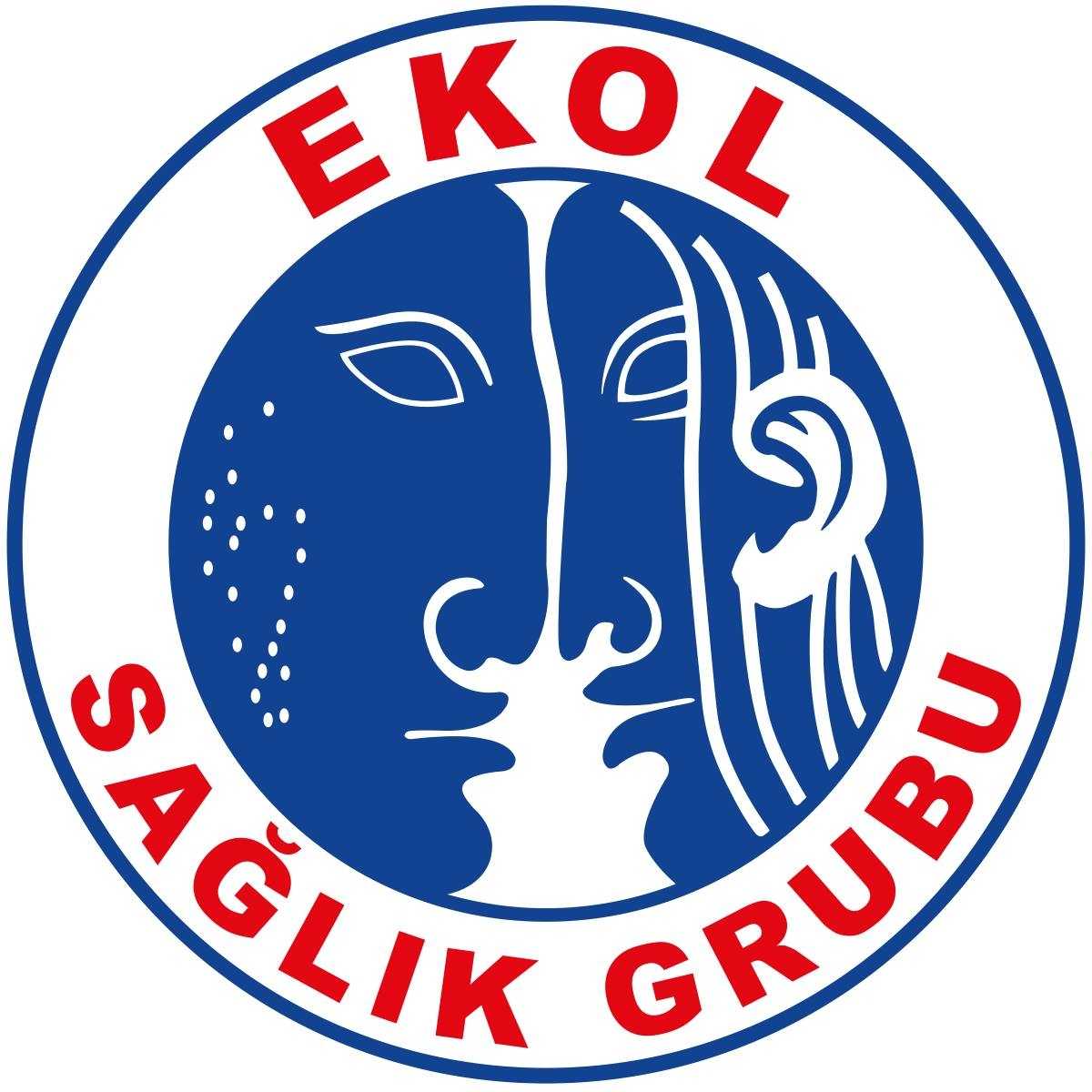


Share this listing